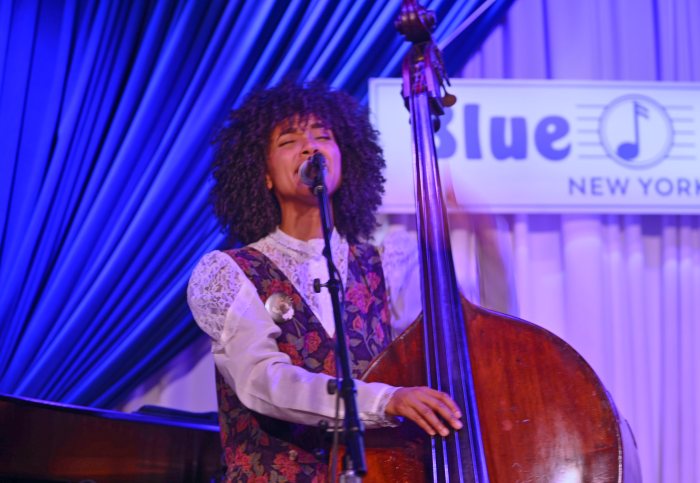If you go: “My Fair Lady” plays an open at the Vivian Beaumont Theater at Lincoln Center Theater. 150 W. 65th St., lct.org
“You said that you would do it and indeed you did!”
Lincoln Center Theater and director Bartlett Sher, the forces behind the acclaimed Broadway revivals of Rodgers & Hammerstein’s “South Pacific” and “The King and I,” have scored once again with a lush, lavish (29-piece orchestra, 37-person cast) and lovely (or, as Eliza Doolittle would say, “loverly”) new production of Alan Jay Lerner and Frederick Loewe’s musical masterpiece “My Fair Lady.”
When “My Fair Lady” (which is based upon George Bernard Shaw’s polemical 1913 comedy of manners “Pygmalion”) opened on Broadway in 1956 (with a cast led by Julie Andrews and Rex Harrison), it was universally hailed as one of the greatest musicals ever written and went on to achieve unprecedented commercial success, running 2,717 performances (longer than any Broadway show at that time) and spawning a best-selling cast album and an Oscar-winning film version.
Set in Edwardian England, the self-involved phonetics professor Henry Higgins bets that he can pass off Eliza Doolittle, a Cockney flower girl, as a duchess at an embassy ball by teaching her proper English, leading to a Cinderella-like transformation.
Viewed more than 60 years since its premiere, “My Fair Lady” remains an electrifying wonder of dramatic integration and invention, sweeping melody, elegance, biting humor, rich characterization, social criticism and intimate drama. There really is nothing else quite like it.
The revival has been staged in Sher’s familiar style of making a classic feel fresh and dynamic without totally disregarding the original script and score, incorporating superb production values (including a two-story revolving set for Higgins’ home) and bringing out layered performances from great actors.
To better suit contemporary audiences, Higgins’ strident misogyny has been toned down, and the famous ending (in which Eliza returns and Higgins asks “where the devil are my slippers?”) has a new final twist that was clearly intended to make it less unsettling.
Lauren Ambrose (“Six Feet Under”) is a radiant Eliza, bringing vulnerability and vitality to the role and handling the score’s vocal demands with aplomb. Harry Hadden-Paton (“Downton Abbey”) is a relatively muted Higgins, more struggling than bullying and foregoing the theatrical flair associated with the role. It is hardly the most exciting interpretation, but it works.
The supporting roles are wonderfully filled by Norbert Leo Butz (joyful as the shameless dustman Alfred P. Doolittle), Diana Rigg (with tart humor as Mrs. Higgins), Jordan Donica (giving a soaring rendition of “On the Street Where You Live” as the starry-eyed suitor Freddy Eynsford-Hill) and Allan Corduner (a congenial presence as Colonel Pickering).





































